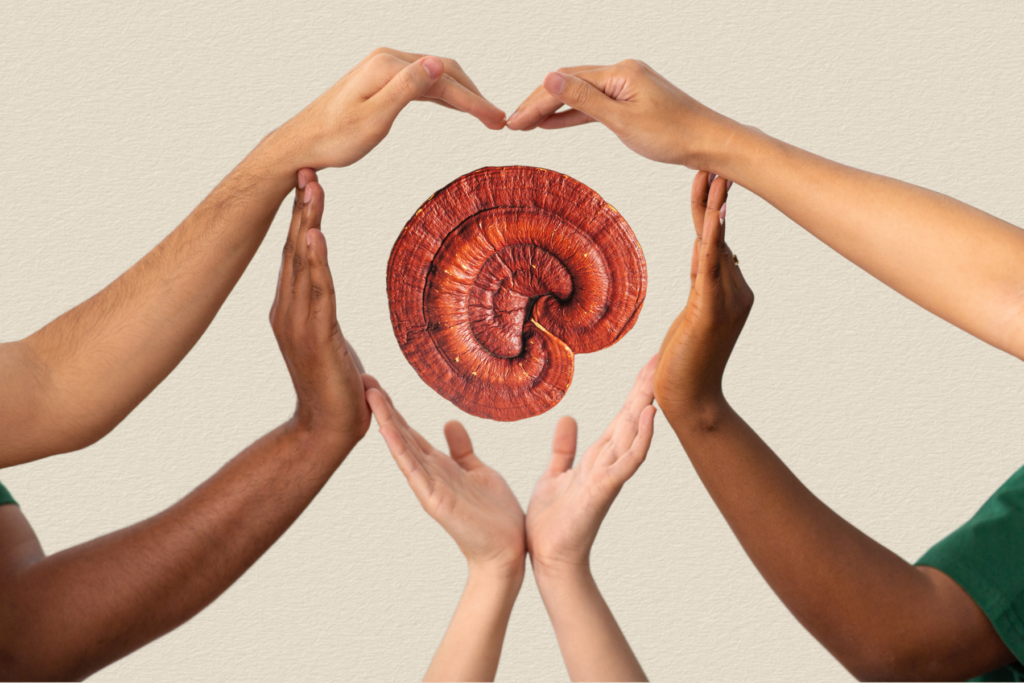Now that the holidays are over, most of you have already taken down the decorations and stored them away for another year. Unfortunately, colds and flu are not as easy to get rid of. If a cough has cropped up, it might be a warning sign of a new infection or it may be a lingering leftover from an otherwise eliminated bug.
Just like fevers, runny noses, and sneezing, coughing is a natural reflex, serving an important purpose by protecting your throat and lungs from irritants and driving out viruses and other pathogens.
However, nasty coughing fits can drive you nuts and overstay their welcome, with persistent hacking and whooping seriously impacting your quality of life by keeping you up at night and interfering with your daily activities.
Whether it’s due to an allergy, a viral infection, or a bacterial infection, for those of you who are looking for a natural cough remedy, here are some of the top natural ways to treat a cough.
Settle a cough with a hot shower
Ahhh. There’s nothing like a shower to kickstart your morning or melt away the stresses of a long day. Turns out, taking a hot shower is also great at treating that pesky cough.
When the hacking starts, simply jump in the shower and let the steam open up your breathing passages. If you don’t want to shower, you can also use a humidifier or vaporizer. The steam will help moisten your nose and throat, get rid of the tickle sensation at the back of your throat, and help you loosen up mucus so you can cough it up.
Heap on the honey
Seems like your mom was right—honey really can help relieve a cough. Honey is naturally antibacterial and also coats the throat, soothing the irritated tissue.
You can make a cough-soothing concoction by mixing 2 teaspoons of honey with some herbal tea or warm water (lemon optional). For some on-the-go relief, eat it right off the spoon or look for honey lozenges.
Reduce inhalation of irritants
We all know that inhaling smoke is unhealthy, but did you know that perfumes and other scented products can also cause chronic sinus irritation for some, causing the body to produce extra mucus that results in more coughing? For those with allergies, dust mites, pet dander, and pollen are other common cough triggers.
If you can, avoid or limit your exposure to things that prompt your cough. You might also consider using an air purifier to help clean the air where you spend most of your indoor time.
Get Your Z’s
The cost of poor sleep habits may be greater than you realize. A lack of proper sleep not only makes us feel groggy, agitated, and unfocused, it has also been linked to a compromised immune system—opening the door to cough-inducing issues.
Remember, your body does most of its repair while you are sleeping, so it is vital to get enough quality hours of sleep. Although the jury is still out on the exact amount of z’s you should be getting each night, studies have shown somewhere between seven to eight hours is ideal for most.
Take Japanese Red Reishi
Dubbed “The Great Protector,” Japanese red reishi mushroom has been used for thousands of years for a host of health benefits. This amazing mushroom is packed with cough-combatting compounds that help regulate antibody production and protect you against seasonal cold and flu viruses.
In Traditional Chinese Medicine (TCM), red reishi (called ling zhi) has long been noted to treat cough, stop wheezing, and eliminate phlegm.
It is also used to improve the body’s strength and calm the mind—particularly helpful if that cough has left you exhausted and frustrated!
Taken regularly, Japanese red reishi, rich in immune-supporting polysaccharides and sterols, may help you stave off viruses and bacteria, keeping you healthy and cough-free year-round.





